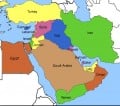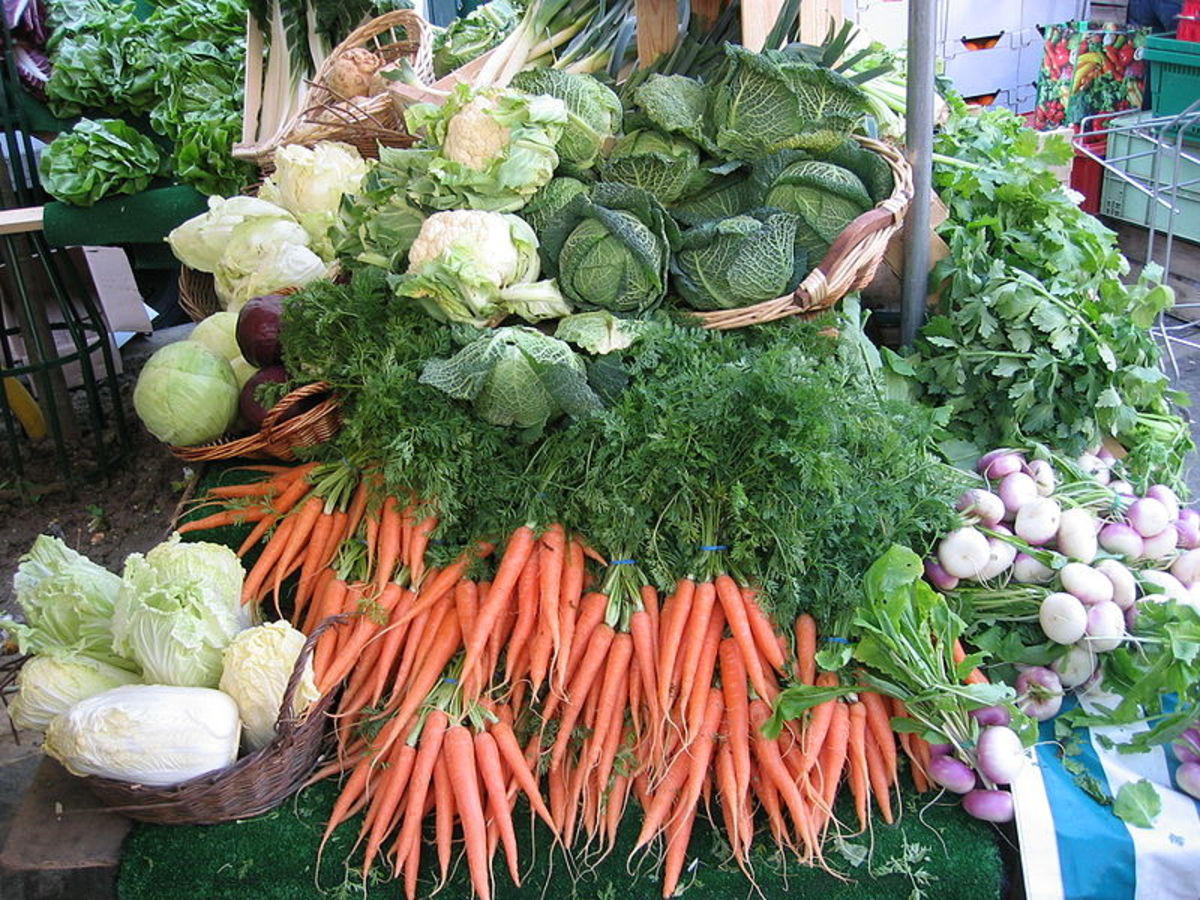- HubPages»
- Health»
- Diet & Weight Loss»
- Healthy Diets
Which is better All Natural or Organic?
The Debate
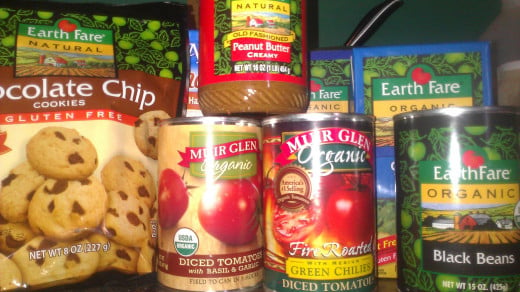
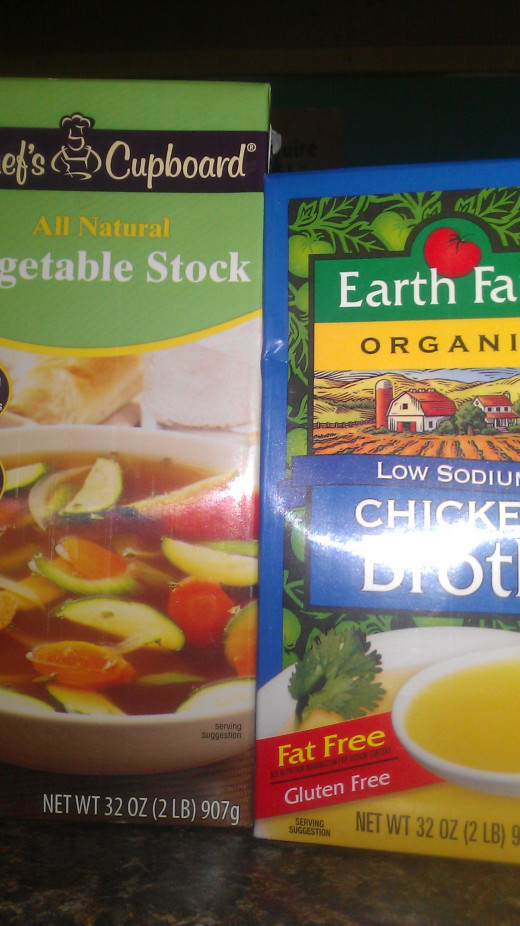
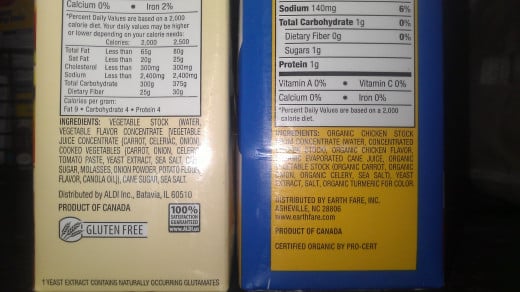
Want to Learn More?
- Find 10 Foods that you only THOUGHT were vegetarian and see the stories behind them 10 Foods you only THOUGHT were Vegetarian
- Want to avoid processed foods and still save money? Learn how to SAVE MONEY AND GET HEALTHY WHILE SHOPPING THE PERIMETER OF THE GROCERY
- Check out all natural headache remedies by Clicking HERE!
- Can Onions cure the FLU? Get the recipe for onion and honey cough syrup and find out more about using onions for FLU symptoms! Can Onions cure the FLU?
Are you clear on the Differences?
Over the past few years, companies have recognized the growing need for "Healthier" foods and seem to have responded to the call. Nowadays, you can stroll down your grocery aisles and find the terms Natural and Organic slapped on every jar, bag, box, and bottle. Do you really know and understand the differences in these terms? I recently stood in an aisle for over 5 minutes debating on which chicken to buy for my family. One was labeled "All-Natural" and the other was "Organic". Both options sounded healthy but if they were the same then there wouldn't be two different labels, right? So I whipped out my trusty "smartphone" and googled it right there in the aisle!
It turns out that I am not the only one confused about the all-natural/organic debate. There are a lot of questions and misunderstandings about exactly what each label means. Doctors and health gurus are constantly talking about "Clean eating" ---so which term is "cleaner"? Even the vegetarians don't get a break! This war goes all the way down to flour, vegetables, and fruits!
"Green Washing"
It also turns out that many companies know how confusing this "Natural" term is to the consumer! In fact, there is actually a term for companies attempting to use this label as a marketing tool and it is called "Green Washing". This can be anything from a label, marketing campaign, or image showing the healthfulness and wholesomeness of their item- when in fact, it may not be true. Kellog's , the makers of Kashi, recently came under fire for their brand. Kashi as a brand attempts to stand for health, well being, and clean eating. Recently, however, a Rhode Island grocer started a media frenzy when they replaced Kashi cereal on their shelves with sign pointing out Kashi used genetically modified (GMO) soy to make the cereal. So How DO you Make the Right Decision?
The Differences between "Natural" and "Organic" can Be HUGE!
Natural
The label "Natural" can mean a lot of different things. It could vary based on your region, who made the food, and even by where it is sold. Except for in meat products- the term "natural" doesn't really have a clear set of defining factors. With such a loose definition, it is the company who is able to determine how their item is labeled...and what motivates the company to do this?
- High Fructose Corn Syrup is considered Natural and can be included in items labeled as such.
- Sewage "Sludge" is often used as a fertilizer in crops and CAN be used in foods labeled as "All-Natural"
Organic
Thankfully Organic has a clear set of guidelines and rules in the United States. Companies who label foods as "Organic" undergo audits, inspections, and are held to clear guidelines by the USDA. When buying organic, you can be sure that there is
- No GMO's (genetically modified)
- No pesticides
- No antibiotics or artificial growth hormones
- No SLUDGE
Here is a Quick Reference Chart
Organic
| All Natural
| ||
|---|---|---|---|
Toxic Pesticides and Herbicides
| Not Allowed
| Allowed
| |
GMO's
| Not Allowed
| Allowed
| |
Antibiotics
| Not Allowed
| Allowed
| |
Growth Hormones
| Not Allowed
| Allowed
| |
Sludge and Irridation
| Not Allowed
| Allowed
| |
Animal Welfare Requirement
| Yes
| No
| |
Lower levels of Environmental Pollution
| Yes
| Not always
| |
Audit Train from Farm to Table
| Yes
| No
| |
Certifications and Inspections Required
| Yes
| No
| |
Cows required to be on pasture for Pasture Season
| Yes
| No
| |
Legal resrtictions on allowable materials
| yes
| no
|
Table information taken from Stoney Fields Farms Website http://www.stonyfield.com/why-organic/organic-vs-n...
If you are looking to avoid things like GMO's , pesticides, and "sludge" - it may be a hard battle to fight and slightly unrealistic! Here ate some tips..
- Beware of “all-natural” claims.
- Avoid fast food and eating out
- If you do eat processed foods, look for “USDA Certified Organic” and “Non-GMO” on the label.
- Stay clear from corn and soy as 65% of the crops grown are done so with GMO's. Cross contamination may be possible.
- Eat mostly organic veggies and greens.
- Buy meats and poultry that is “USDA Certified Organic.”
- Buy local whenever possible-Check with the farmer about their practices
- Stick with minimally processed, whole grains labeled “Non-GMO” or “USDA Certified Organic,” such as quinoa and amaranth.
- Other food ingredients that may contain GMO ingredients include sugar, vegetable oils (particularly canola), wheat, tomatoes, potatoes, flax, peas, and others.
It is hard to know exactly what is best from your family and sometimes even when you think you are making the right choice, you may not be. The fact is though, if you are reading this then you are making concsious efforts to educate yourself for either your own or your families well-being. Being concerned, causious, and aware are keys to making the right choice for your family.




